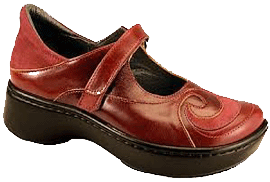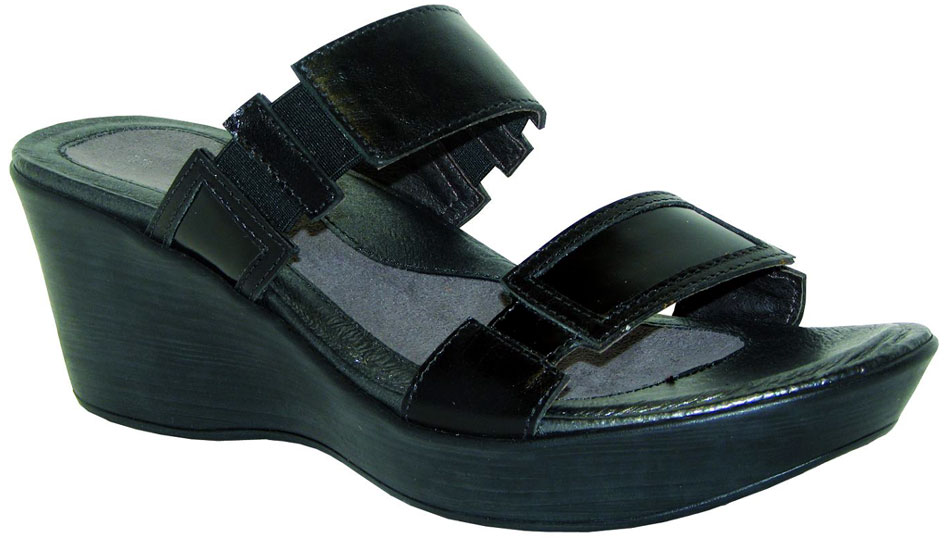 Corrective & Comfort Quality Footwear
Corrective & Comfort Quality Footwear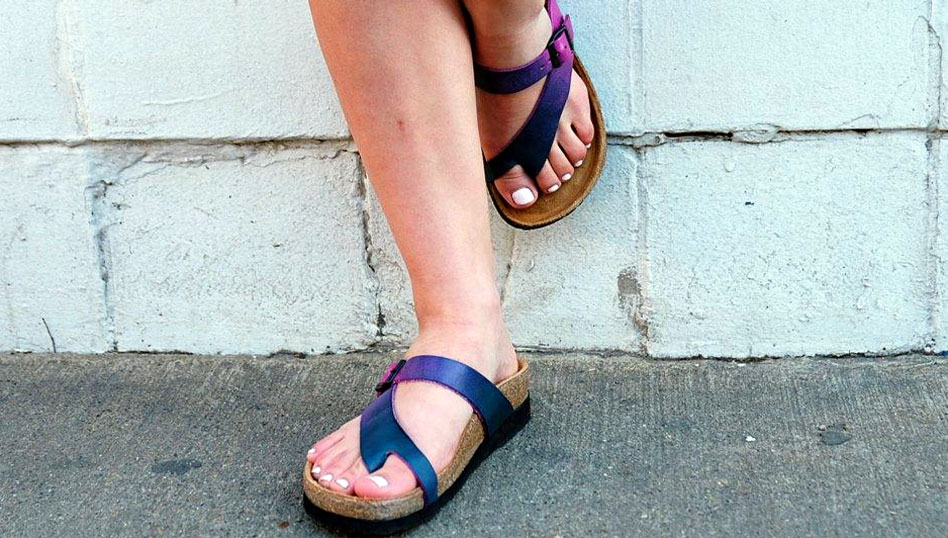 Contact us at 1-949-559-1150
Contact us at 1-949-559-1150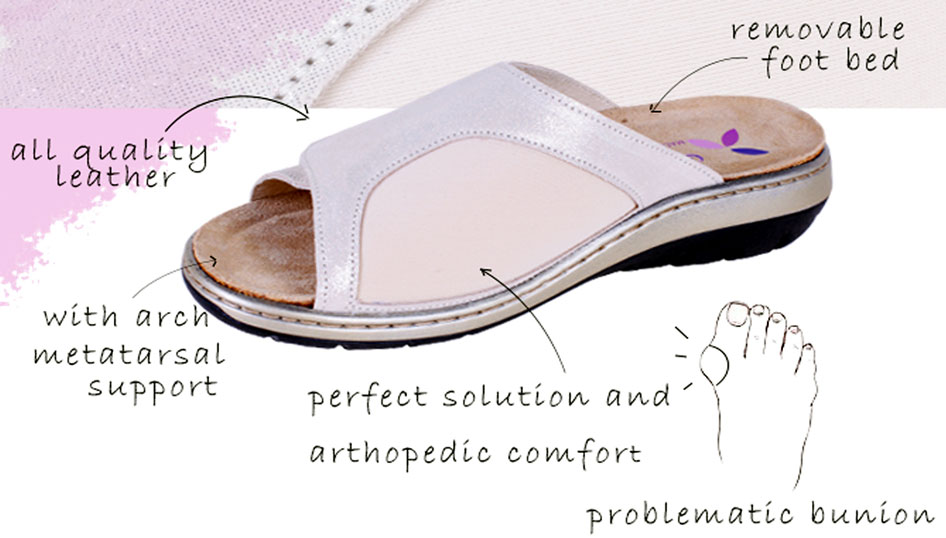 Also Patients with Plantar Fasciitis and Bunions
Also Patients with Plantar Fasciitis and Bunions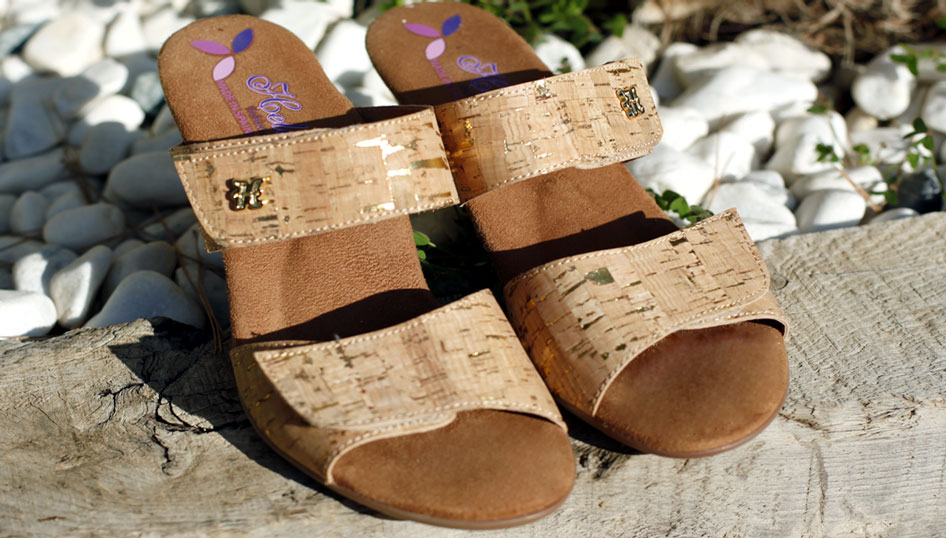 Corrective & Comfort Quality Footwear
Corrective & Comfort Quality Footwear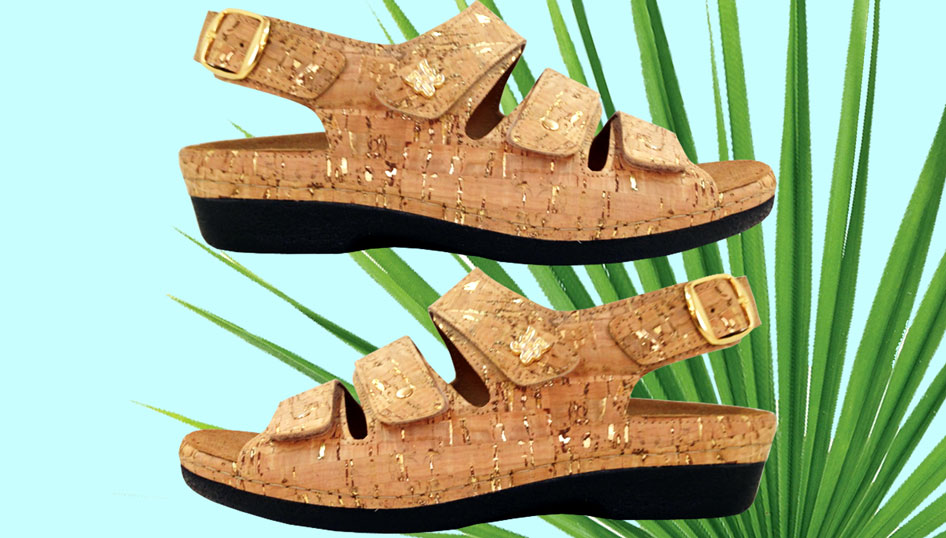 Contact us at 1-949-559-1150
Contact us at 1-949-559-1150
Footwear for Patients with Diabetic on Medicare

Whether you have diabetes, arthritis or simply need a comfortable shoe that aslo happens to be stylish, P.W. Minor has the right shoe for you! P.W. Minor is the world leader in footwear for people with Diabetes, Arthritis and other specialty foot needs. They stand behind over 140 years of shoe making experience and medical research and are committed to the best shoe fit for every foot. The Shoe Clinic supplies properly fitted footwear and inserts that may be covered under Medicare's therapeutic-shoe program. this applies to people with diabetes who are age 65 and older. Government Medicare (Not HMO) may provide the opportunity each year as a covered benefit for a pair of in Depth Shoes and 3 pair of Insoles.
To use this benefit, print and fill out the form by
clicking on the
Read Details link.
Certified Pedorthist
A board certified pedorthist (C.Ped.) is a person who is specially trained, has successfully passed the certification examination, and has fulfilled all educational requirements. He or she has the working knowledge and experience to provide medically related specialty services that affect human beings' ability to ambulate. The C.Ped. provides footware, foot orthoses, and/or biomechanical and accommodative requirements in an effective, dignified and efficient manner, and in accordance with the direction of the patient's physician.
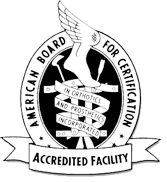
Care of a Diabetic Foot
- Do not smoke.
- Inspect the Feet daily for blisters, cuts and scratches.The use of mirror can aid in seeing the bottoms of the feet. Always check between the toes.
- Wash feet daily. Dry carefully, especially between the toes.
- Avoid extremes of temperatures. Test water with hand or elbow before bathing.
- If feet feel cold at night, wear socks. Do not apply hot water bottles or heating pads. Do not soak feet in hot water.
- Do not walk on hot surfaces such as sandy beaches or on the cement around swimming pools.
- Do not walk barefooted.
- Do not use chemical agents for the removal of corns and calluses. Do not use corn plasters. Do not use strong antiseptic solutions on your feet.
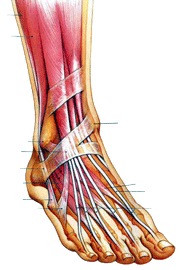
-
9. Do not use adhesive tape on the feet.
10. Inspect the inside of shoes daily for foreign objects, nail points, torn linings, and rough areas.
11. If your vision is impaired, have a family member inspect feet daily, trim nails and buff down calluses.
12. Do not soak feet.
13. Wear properly fitting stockings. Do not wear mended stockings. Avoid stockings with seams. Change stockings daily.
14. For dry feet, use a very thin coat of lubricating oil such as baby oil. Apply this after bathing and drying the feet. Do not put the oil or cream between the toes. Consult your physician for detailed instructions.
15. Do not wear garters.
16. Shoes should be fitted by Pedorthists and be comfortable at time of purchase. Do not depend on shoes to stretch out. Shoes should be made of leather.
-
17. Do not wear shoes without stockings.
18. Do not wear sandals with thongs between the toes.
19. In wintertime take special precautions. Wear wool socks and protective foot gear, such as fleece-lined boots.
20. Cut nails straight across.
21. Do not cut corns and calluses: follow special instructions from your physician.
22. Avoid crossing your legs- this can cause pressure on the nerves and blood vessels.
23. See your physicians regularly and be sure that your feet are examined at each visit.
24. Notify your physician at once should you develop a blister or sore on your foot.
25. Be sure to inform your physician that you are a Diabetic.
PLANTAR FASCIITIS
& causes of injury
Plantar Fasciitis is more common in people who have a high arch, rigid type of foot, or a flat, pronated foot. In motion, the plantar lascia experiences continuous stress and excessive pulling which results in inflammation and pain.
- * A high-arch foot has a tight band-like plantar fascia that is rigid during the gait cycle.
- * The plantar fascia rs stretched in the pronated foot by excessive motron.
- * Improper shoe selectlon can be the cause of the cause of injury, foot and gait type must be considered.
- * Self-soled shoes can cause stretching of the plantar fascia.
- * Overworn shoes allow the foot to pronate more extensively and can result in an irjury to the plantar fascia.
- * The most common cause is a sudden increase in the amount or intensrty of activity within a short period of time.
Plantar Fasciitis (also called a heel spur) is one of the most diagnosed foot ailments. Footwear can play an important part in prevention and maintenance. Prescribed orthotics can be beneficial. Your physician can recommend and prescribe treatment to best solve the problem. These might include:
- * Rest (non-weight bearing activity)
- * Foot Exercises
- * Orthotics (Arch supports)
- * Shoes
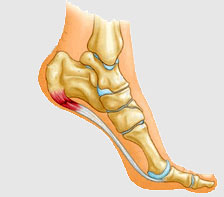
Footwear or Orthotic (Arch support) often recommended and prescribed by physicians for this condition. They are designed with long counters for support and stability, supply aniline leathers for breathability, and lasts with extra toe room and vertical depth to accommodate doctor prescribed orthotics. Be sure to consult your physician with your questions and concerns about Plantar Fasciitrs. Your physician, your shoe retailer and Footwrear are a great combination for comfort and fit.
